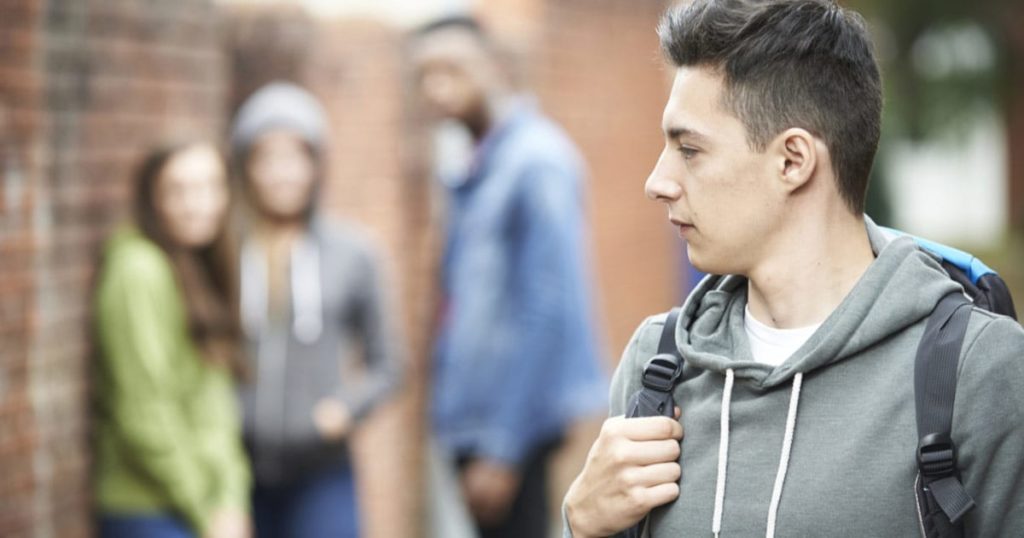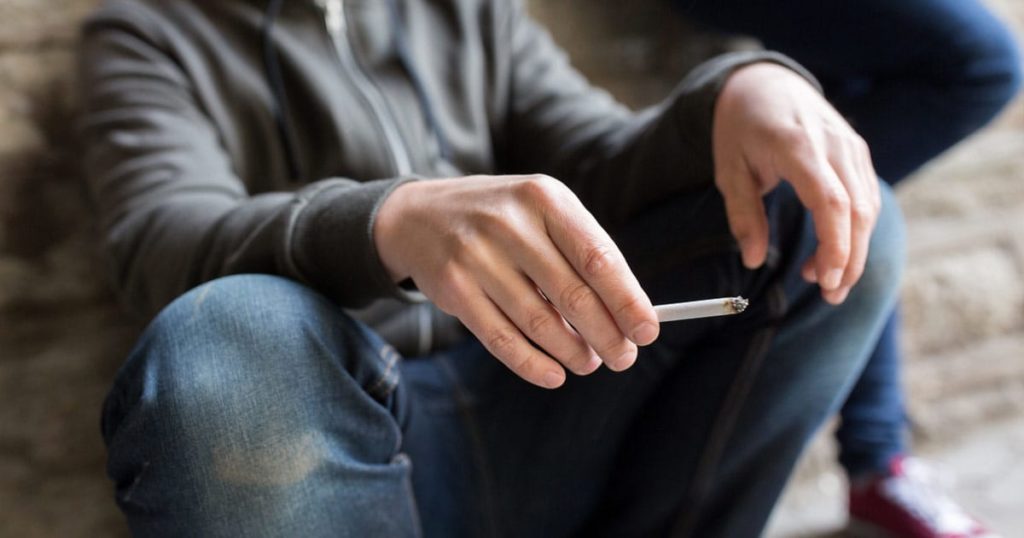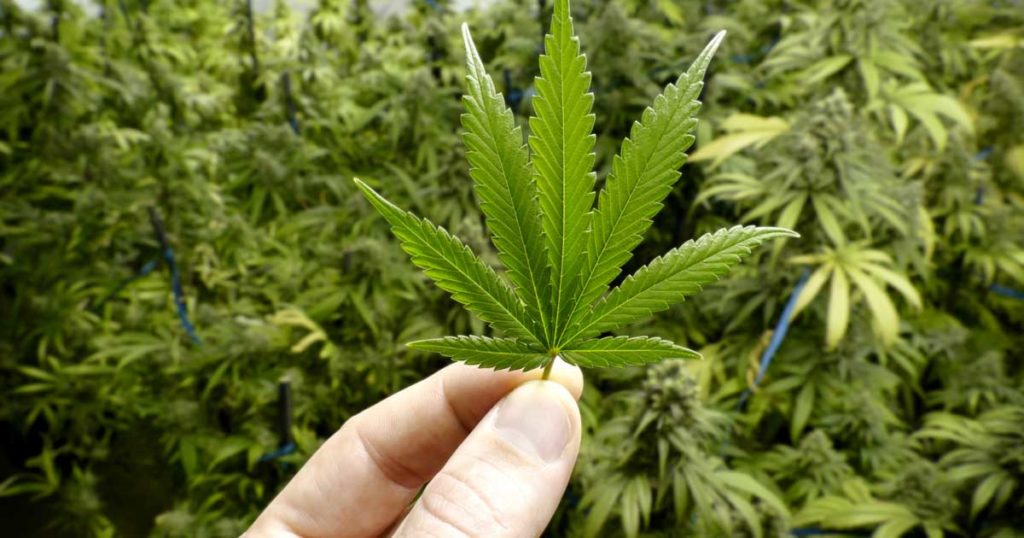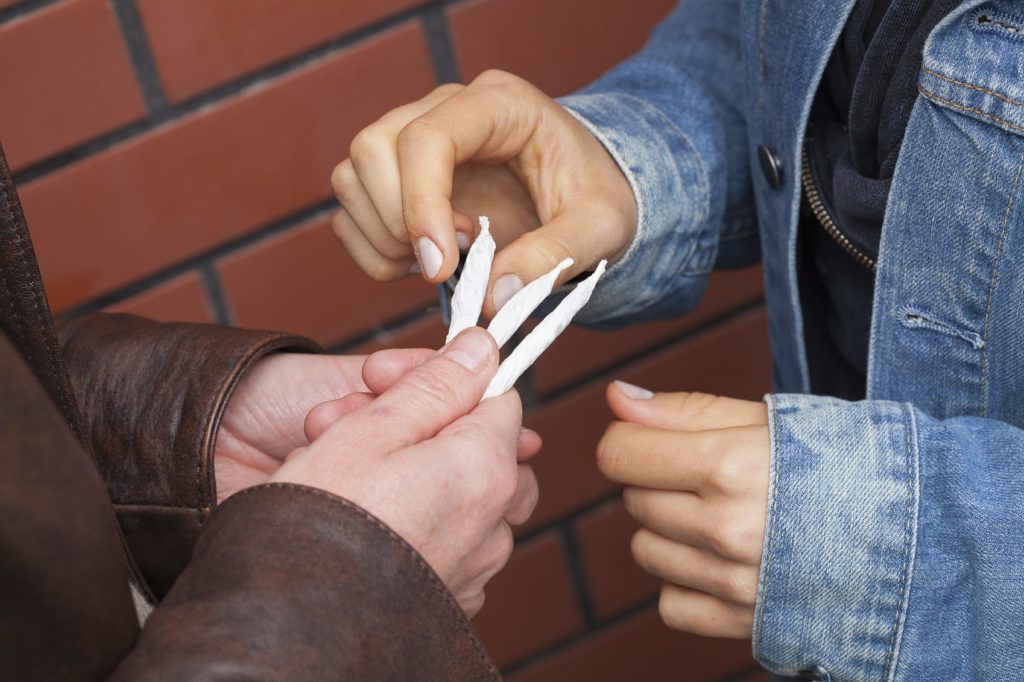You received a phone call from your teenager’s nurse about drug testing in school. Your heart sinks as you wait for her to explain that your child has tested positive for drugs. You want to explode with emotion, but before you react to your teen, take a moment to consider the best plan of action for your child’s sake. Breathe. Do not react immediately. Take a moment to collect yourself and talk yourself through the situation. Know that feelings of anger, betrayal and guilt are completely understandable, but try to keep your focus on your teen. Know that overreacting or making it personal could cause him or her to shut down. Double-check. Ask the nurse to confirm the results and give you specifics. Drug testing in schools can narrow down which substance(s) your child has consumed. You may also be able to find out what levels he or she tested at. Talk. Before taking other steps, sit down with your teen. Come at the situation with an attitude of compassion and understanding. Be humble, recognizing the fact that you have made mistakes in your life. There is no doubt that for many, the teenage years are full of self-discovery covered with a regular helping of angst on the side. Many teens are overwhelmed with the load of schoolwork, social life and figuring out who exactly they are. Keep these things in mind. Discuss with your child how drugs can harm the developing brain. Their health, grades, and relationships will all suffer as a result of drug use. In a calm manner, share with your child how things that matter to him (sports, friends, driving) will be adversely affected by the decision to use drugs. Talk about how to resist peer pressure. Also, expect excuses to surface. Most teens will initially deny the fact that they have been using drugs. Know that a child cannot test positive for drugs from secondary exposure. It may be easier for you to believe their lies, but failure to take action can cause tremendous hurt in the long term. Stand firm. Children are excellent manipulators. Keep in mind that no matter what your child says, helping them to stop using drugs is in their best interest. Don’t give into bad attitudes, threats or crying. Your child needs your help. Do not back down! Ask for help. You may still not be sure where to begin. Or maybe you have a plan, but it is still wise to seek help. Talk with your school’s nurse or guidance counselor. Call your doctor or an addiction specialist. Don’t try to do it alone. You both could end up overwhelmed and frustrated. Observe, don’t micromanage. When you have a plan established, keep an eye on your teen. Carefully but quietly observe. This doesn’t mean you can’t keep the lines of communication open with your child, but don’t nag her about it. She will only shut you out. Be loving and patient with her. Know that drug testing in schools is done for the sake of prevention of drug use and to help children who are struggling with drug abuse. The main purpose of these tests is not to punish children but to get them help. Resources: National Institute on Drug Abuse: Frequently Asked Questions About Drug Testing in Schools: https://www.drugabuse.gov/related-topics/drug-testing/faq-drug-testing-in-schools Mayo Clinic: Teen Drug Abuse: Help Your Teen Avoid Drugs: https://www.mayoclinic.org/healthy-lifestyle/tween-and-teen-health/in-depth/teen-drug-abuse/art-20045921






